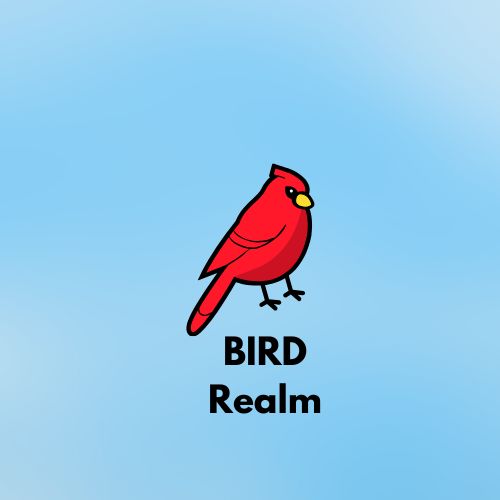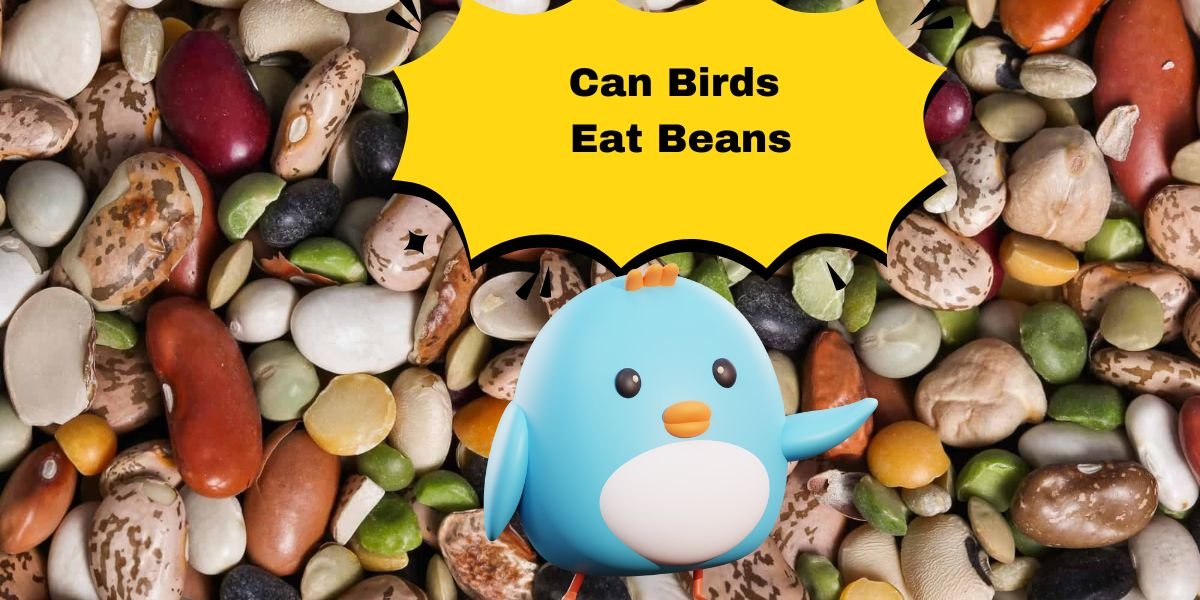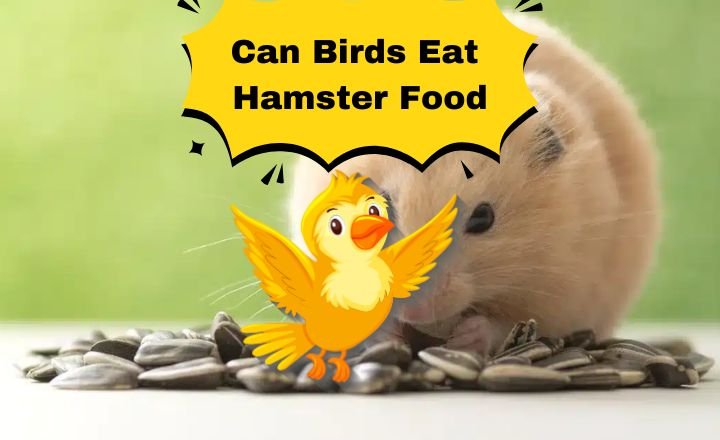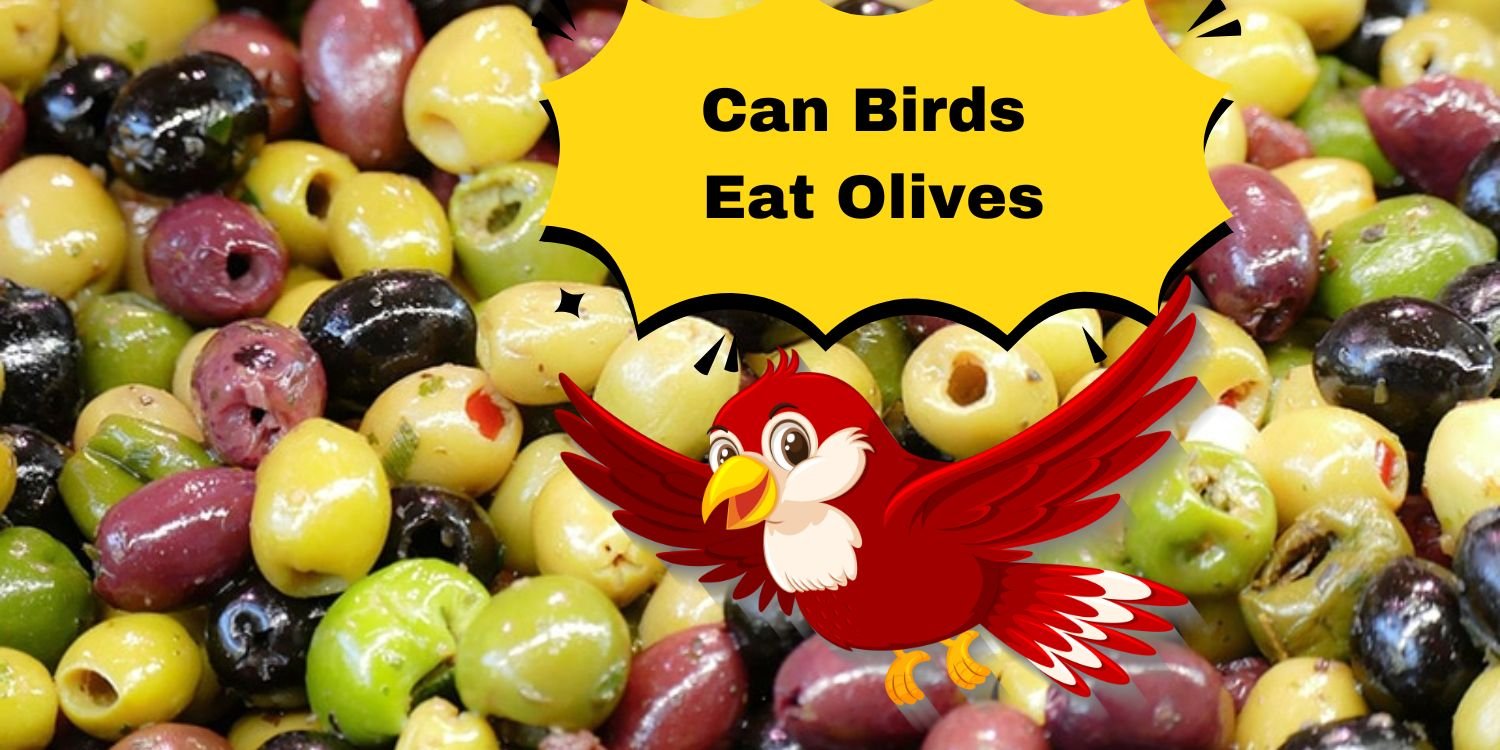Do Birds Eat Dog Poop?
Have you ever taken a stroll through the park, only to spot a bird pecking curiously at an unassuming pile of dog poop? It’s a sight that can leave any pet owner scratching their head in bewilderment.
The question arises: Do birds eat dog poop? While it might seem like a bizarre dietary choice for our feathered friends, this peculiar behavior has intrigued scientists and birdwatchers alike. Birds are often misunderstood when it comes to their eating habits; while they primarily thrive on seeds, insects, and fruits, some species exhibit surprisingly eclectic tastes.
This guideline delves into the fascinating world of avian appetites and explores the reasons behind why certain birds might be drawn to feces—whether it’s out of necessity or mere curiosity. Join us as we unravel the mystery behind this unusual phenomenon and discover what it reveals about nature’s intricate web of interactions!
Why Would Birds Eat Dog Poop?
Birds are known for their diverse diets, ranging from seeds and insects to fish and fruits. an often-overlooked aspect of their feeding behavior is scavenging — which can include consuming less palatable options like dog poop.
This may initially seem off-putting, but there’s a method to this audacious madness. For some birds, particularly certain species of gulls and crows, dog feces can be a source of protein and nutrients that might not be easily accessible through other food sources in urban settings.
The presence of undigested food remnants in dog waste acts as an unintentional buffet for opportunistic feathered diners. Parasitic worms or bacteria within the feces could also provide necessary microbes that support gut health in these avian creatures.
From a survival standpoint, this behavior showcases adaptability; given the pressures of urbanization that reduce natural forageable habitats, birds are diversifying their diets by taking advantage of every available resource—even if it does mean overcoming social taboos about cleanliness.
It Might Just APPEAR The Bird Is Eating Poop
In urban areas where natural sources of food are limited, these feathered foragers sometimes investigate dog droppings out of sheer curiosity or in search of hidden treasures like undigested seeds or other edible morsels.
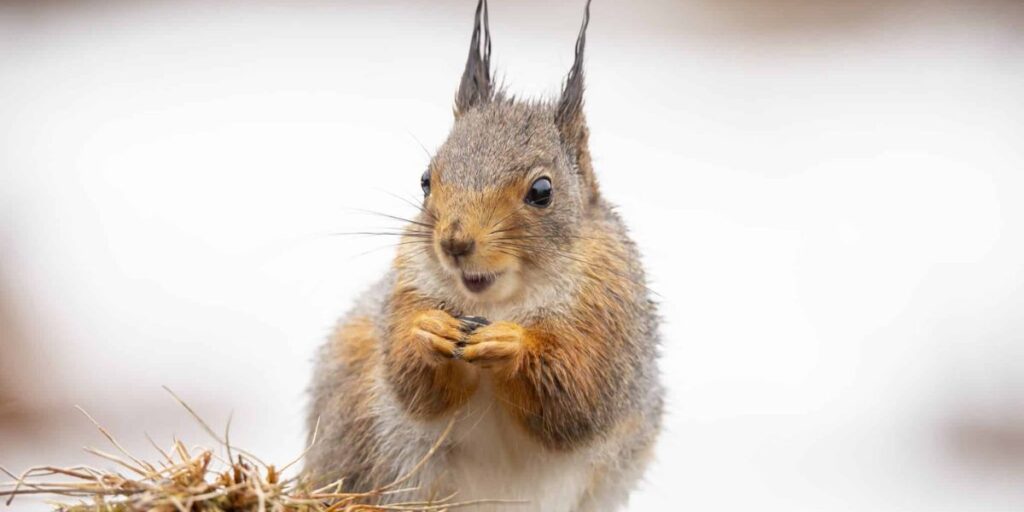
Certain birds have evolved to consume animal feces as a way to supplement their diet with essential nutrients that may be scarce in their regular feeding grounds. This behavior not only aids in their survival but also plays a crucial role in nutrient recycling within ecosystems.
When observing such behavior through a different lens—rather than merely viewing it as unpleasant—it becomes clear that these birds are adapting to their environments and utilizing every resource available. So next time you witness what seems like avian indiscretion, remember there’s likely more going on beneath the surface than meets the eye!
What Time Do Birds Eat Dog Poop?
Birds may peck at dog poop at almost any time of day, usually in the morning or afternoon when they are most active and searching for food. They’re often drawn to undigested grains, seeds, or fats in the waste. While this behavior is natural scavenging, it can spread disease and isn’t healthy for the birds.
Which Birds Will Be Interested in Dog Poop?
Several birds are interested in dog poop given below.
- Crows and Ravens
- Gulls
- Starlings and Robins
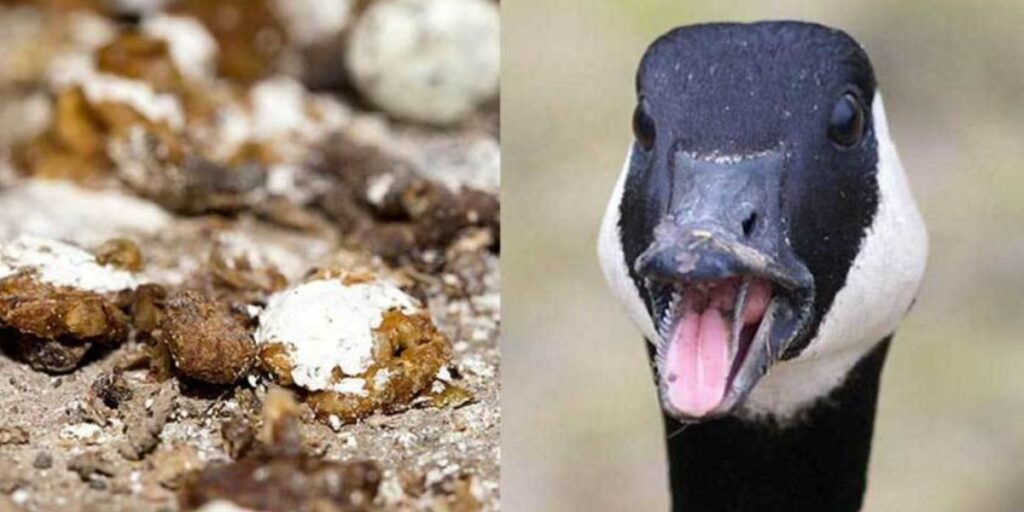
Crows and Ravens
Crows and ravens have a varied menu that can include anything from seeds and fruits to small animals. A less commonly discussed aspect is their sometimes strange culinary habits—yes, crows do eat dog poop! This behavior is not merely scavenging; studies suggest that they might be searching for undigested seeds or nutrients within the feces.
By engaging with what’s typically considered waste material in human contexts, these clever birds remind us how interconnected our ecosystems truly are, showing us that even seemingly unpleasant aspects of wildlife contribute vital roles within nature’s intricate web.
Gulls
Gulls, often seen as the feisty scavengers of coastal areas, exhibit a surprisingly adaptable feeding behavior that has earned them a reputation beyond their charmingly raucous calls. While they primarily hunt fish and forage for discarded human food, these opportunistic birds don’t shy away from more unconventional meals.
One lesser-known aspect is their occasional interest in dog poop; yes, gulls have been observed munching on feces left behind by our canine companions. This may sound unappealing to us, but for gulls, it provides a rich source of nutrients and undigested food matter.
Starlings and Robins
The droppings of dogs can contain undigested nutrients that attract not only starlings but various scavenging species looking to exploit any available food source. Robins, on the other hand, have a more tailored diet primarily consisting of insects and earthworms.
Their distinctive red breasts make them easily recognizable in backyards where they hop along the ground searching for their next meal. Yet even robins have been spotted scanning areas frequented by pets — perhaps opportunistically investigating droppings as a potential source of nourishment during lean times when worms are scarce or buried beneath frost-laden soil.
Canine Fecal Matter and Birds
The implications of this behavior extend beyond just dietary habits. Consuming canine fecal matter can pose significant health risks to birds due to potential parasites and pathogens carried in contaminated feces.

For example, certain strains of E. coli or worms could disrupt avian health and affect local ecosystems by introducing new diseases. The interaction between species highlights the interconnectedness of urban wildlife; while scavengers adapt to exploit available resources efficiently, they also contribute indirectly to the spread of zoonotic diseases that may affect both themselves and other wildlife populations nearby.
- Parasites and Diseases
- Chemical Contaminants
Parasites and Diseases
Parasites have long captivated the curiosity of scientists and laypeople alike, particularly due to their complex lifecycle and sometimes shocking relationship with hosts. One lesser-known aspect is how these organisms intricately weave into our ecosystems.
Some avian species have been observed scavenging dog feces, raising questions about the potential transfer of parasites from dogs to birds. This interaction highlights not only a fascinating dietary choice but also the risks involved—especially for birds that may contract parasites like Toxoplasma gondii or Salmonella.
Chemical Contaminants
Chemical contaminants pose a significant threat to wildlife, often through indirect pathways that are not immediately obvious. For instance, birds may encounter these pollutants via their environments, particularly when they forage in areas contaminated by human waste or industrial runoff.
The presence of dog poop in public spaces can lead to an accumulation of nitrogen and phosphorus—chemical nutrients that trigger harmful algal blooms. While it may seem harmless, dog excrement can contribute to the degradation of natural ecosystems and put additional stress on vulnerable bird populations.
Final Words
Do birds eat dog poop? The notion of birds eating dog poop may seem unusual, it is a behavior observed in some species due to their opportunistic feeding habits. Birds are known to scavenge for various food sources, and feces can provide nutrients, especially if they contain undigested seeds or grains.
The consumption of dog waste also poses potential health risks for birds due to parasites and pathogens that may be present. Understanding these behaviors can help pet owners manage their pets’ waste more effectively and protect local wildlife. Be mindful of your dog’s bathroom habits and consider taking proactive steps to minimize interactions between your pets and local bird populations.
